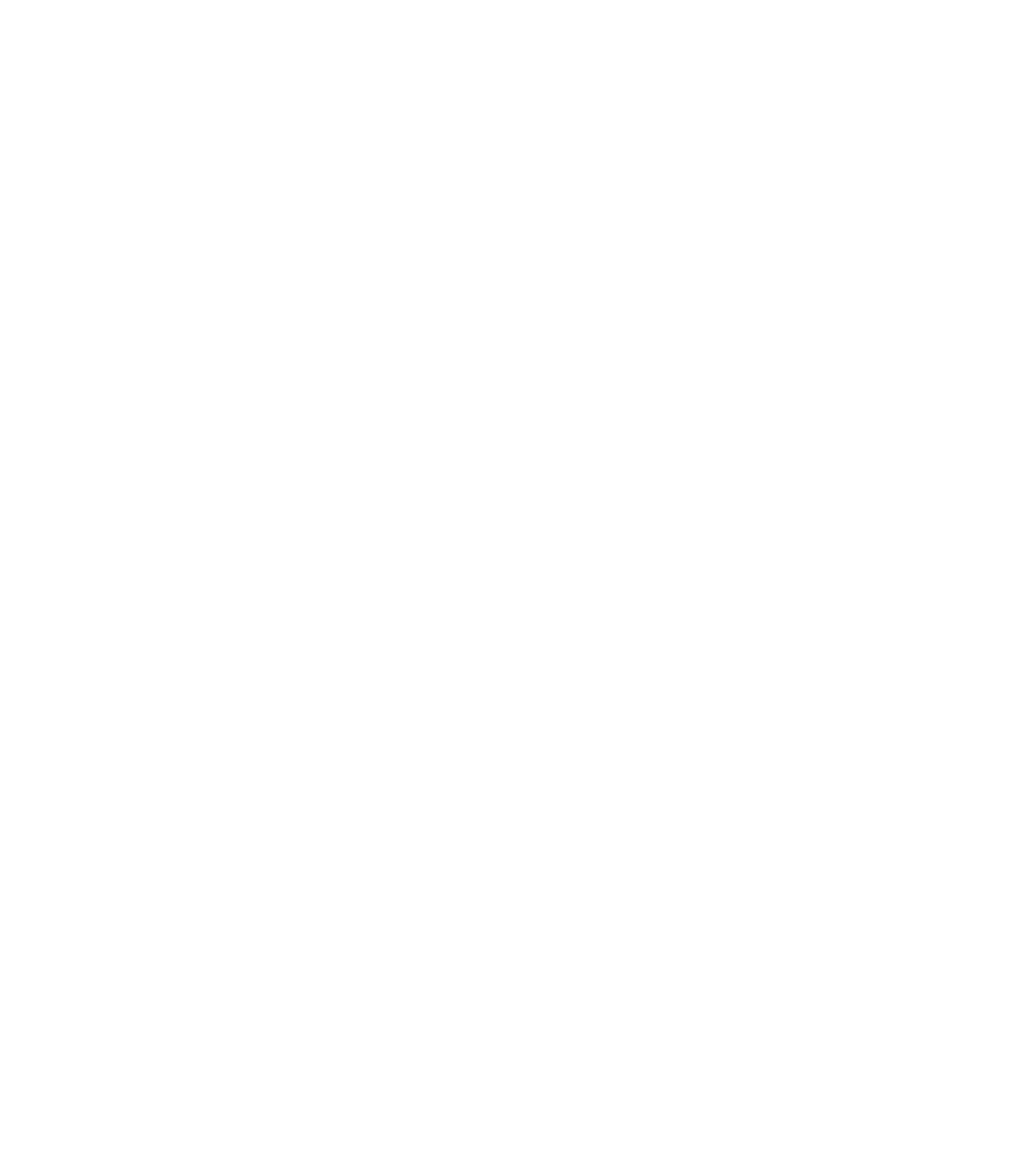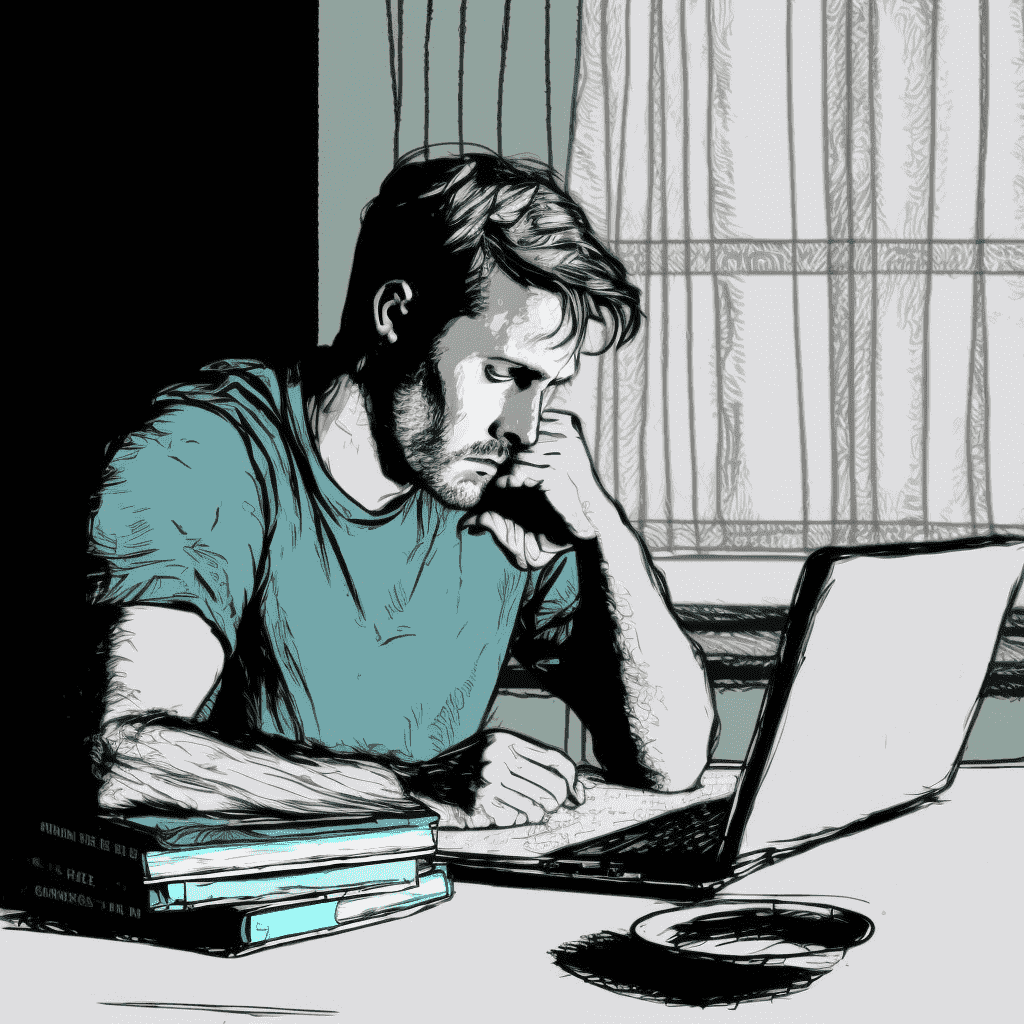Defining Functional Depressive or Functional Depression
Functional depression, also known as high-functioning depression or mild depressive disorder, is a mental health condition where a functional depressive individual experiences depressive symptoms but can still maintain their daily responsibilities and social life. Unlike other forms of depression, a functional depressive may seem to be coping well on the surface, but they still struggle with the emotional and psychological challenges of depression.
Importance of Addressing Functional Depression
Addressing functional depression is crucial to improving the overall quality of life for those affected. By reducing the stigma surrounding mental health and understanding the impact of functional depression on personal and professional life, we can help individuals access the support and treatment they need.
Types of Depressive Disorders and Their Functional Effects
- Persistent Depressive Disorder (PDD): Also known as dysthymia, PDD is a chronic, low-grade depressive disorder that lasts for at least two years. It can have a significant impact on a person's ability to function daily.
- Major Depressive Disorder (MDD): MDD is characterized by intense feelings of sadness, hopelessness, and a lack of interest in daily activities. It can severely affect a person's functioning and may lead to severe disability.
- High-Functioning Depression (HFD): HFD is a milder form of depression where individuals experience depressive symptoms while maintaining their daily responsibilities and social lives. However, it can still have detrimental effects on overall well-being.
Identifying the Signs of Functional Depression
Common Symptoms and Signs of High-Functioning Depression
- Persistent low mood or sadness
- Decreased motivation and energy
- Difficulty concentrating or making decisions
- Changes in appetite or sleep patterns
- Irritability or feelings of guilt
- Social withdrawal or isolation
- Unexplained physical symptoms, such as headaches or body aches
Causes and Risks Associated with Functional Depression
Functional depression can be caused by various factors, including genetics, brain chemistry, personality traits, and environmental factors such as stress and trauma. The risks of functional depression include reduced quality of life, strained relationships, and a higher likelihood of developing more severe mental health conditions if left untreated.
Managing High-Functioning Depression
7 Tips for Managing High-Functioning Depression
- Develop a self-care routine: Prioritize sleep, nutrition, and exercise to help manage depressive symptoms.
- Build a support network: Connect with friends, family, and mental health professionals who can provide guidance and understanding.
- Set realistic goals and expectations: Break down tasks into manageable steps and celebrate small accomplishments.
- Practice relaxation techniques: Incorporate mindfulness, deep breathing, or yoga into your daily routine to reduce stress.
- Challenge negative thoughts: Identify and challenge negative thought patterns to promote a healthier mindset.
- Stay engaged: Participate in activities you enjoy and maintain social connections to help alleviate depressive symptoms.
- Seek professional help: Consult with a mental health professional for a proper diagnosis and personalized treatment plan.
Treatment Options for Functional Depression
- Psychotherapy: Cognitive-behavioral therapy (CBT), interpersonal therapy, and other therapeutic approaches can help individuals develop coping skills and address the root causes of their depression.
- Medication: Antidepressant medications can help regulate mood and alleviate depressive symptoms.
Strategies for Thriving in Personal and Professional Life as a Functional Depressive
Communication and Setting Boundaries
Open communication with loved ones and employers is essential for managing functional depression. By sharing your experiences and setting healthy boundaries, you can create a supportive environment that promotes well-being.
Identifying and Managing Symptoms in Children and Teens
- Recognize the signs: Look for changes in mood, behavior, or academic performance that may indicate functional depression in children and teens.
- Offer support: Encourage open communication and provide a safe space for young individuals to express their feelings and concerns.
- Seek professional help: Consult with a mental health professional who specializes in working with children and adolescents to develop an appropriate treatment plan.
When and How to Seek Professional Help
Recognizing When It's Time to Seek Professional Help
If you or someone you know is experiencing persistent symptoms of functional depression that negatively impact daily life, it's essential to seek help from a mental health professional. Early intervention can significantly improve treatment outcomes and overall quality of life.
How to Get Help for Yourself or a Loved One
- Find the right mental health professional: Research local therapists or psychiatrists who specialize in treating depression and have experience working with individuals with functional depression.
- Schedule an appointment: Reach out to the mental health professional and set up an initial consultation to discuss your symptoms and concerns.
- Stay engaged in the treatment process: Attend therapy sessions, follow the prescribed treatment plan, and maintain open communication with your mental health provider.
Seeking Professional Help in Utah and Lehi, UT
If you live in Utah or Lehi, UT, and are seeking professional help for functional depression, consider reaching out to the experienced
therapists at Unconventional Psychotherapy. Our dedicated team of mental health professionals is committed to providing compassionate, evidence-based care tailored to your unique needs and circumstances.
At Unconventional Psychotherapy, we understand the challenges of living with functional depression and are here to support you in your journey towards better mental health and well-being. Don't hesitate to reach out and take the first step towards thriving as a functional depressive. Visit our website or contact us today to schedule an appointment with one of our skilled therapists.
Psychology Today is a valuable resource for finding mental health professionals in your area.
Conclusion
Thriving as a functional depressive is possible with the right support, self-care strategies, and treatment. By recognizing the signs of functional depression, seeking professional help, and implementing healthy coping mechanisms, individuals can overcome the challenges of depression and lead fulfilling lives. Remember, reaching out for help is a sign of strength and an essential step in the journey towards mental health and well-being.

